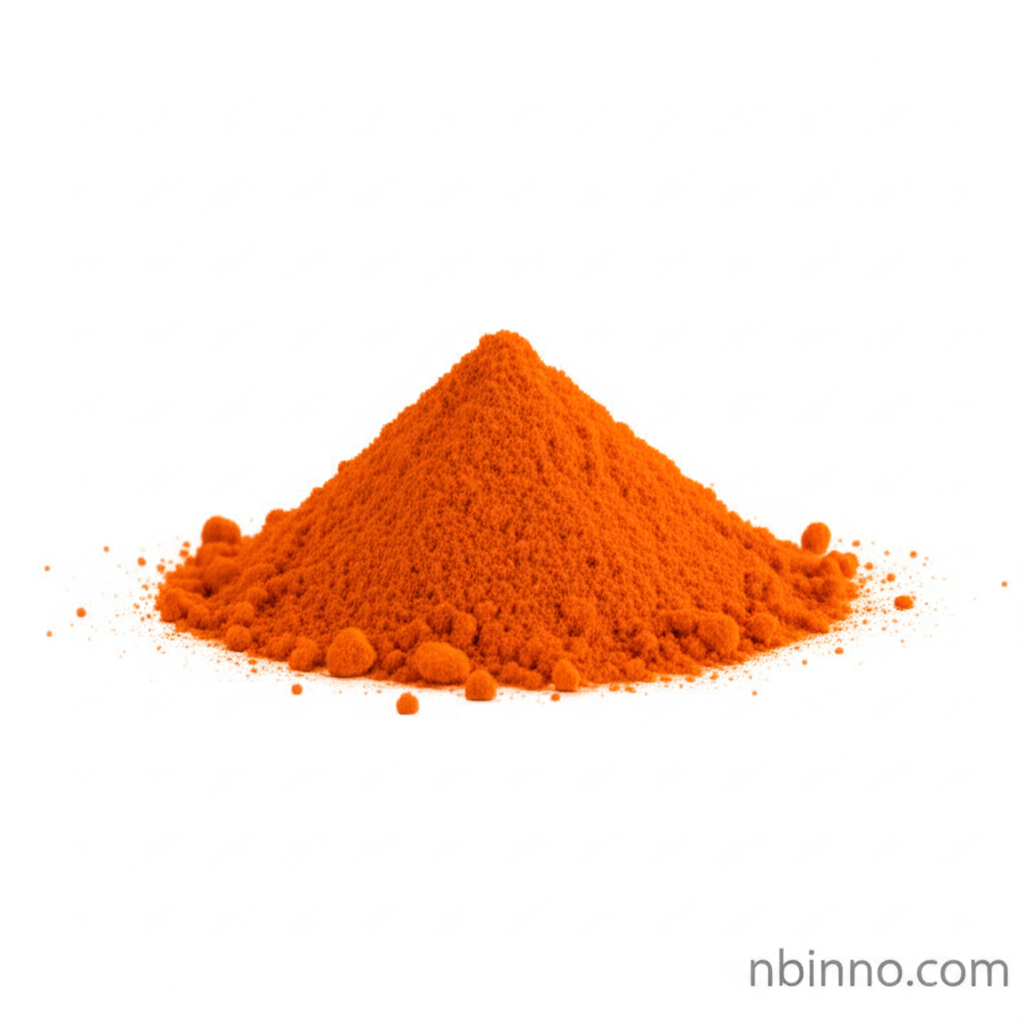Celastrol: A Potent Proteasome Inhibitor with Anti-Cancer and Anti-Inflammatory Properties
Discover the multifaceted benefits of Celastrol, a natural compound with significant therapeutic potential.
Get a Quote & SampleProduct Core Value

Celastrol
Celastrol is a potent proteasome inhibitor, effectively targeting the chymotrypsin-like activity of the 20S proteasome. This natural compound, derived from Tripterygium wilfordii, has demonstrated remarkable efficacy in inducing apoptosis and autophagy in cancer cells, making it a promising candidate for cancer therapy.
- Celastrol demonstrates potent proteasome inhibitor activity, crucial for understanding its therapeutic mechanisms.
- It is known to induce apoptosis in cancer cells, a key factor in its anticancer effects.
- Celastrol also exhibits significant anti-inflammatory properties, contributing to its broad therapeutic potential.
- Research into the celastrol GSK3β role reveals a complex signaling network involved in its cellular effects.
Key Advantages of Celastrol
Targeted Proteasome Inhibition
Celastrol's ability to act as a precise proteasome inhibitor makes it a valuable tool in research, particularly for understanding cellular protein degradation pathways and their role in disease.
Induction of Cell Death
The compound's effectiveness in triggering apoptosis and autophagy in cancer cells highlights its potential for developing novel cancer treatments, a key area for natural anti-cancer compounds.
Broad Biological Activity
Beyond its anticancer effects, Celastrol's antioxidant and anti-inflammatory actions suggest applications in managing chronic inflammatory conditions and related diseases.
Key Applications
Cancer Therapy
Celastrol's demonstrated ability to suppress tumor growth and induce apoptosis makes it a significant compound in the field of oncology and celastrol cancer treatment research.
Inflammatory Diseases
Its potent anti-inflammatory effects position Celastrol as a potential therapeutic agent for conditions characterized by chronic inflammation.
Autoimmune Disorders
Historically used in traditional medicine for autoimmune diseases, Celastrol's immunomodulatory properties warrant further investigation.
Neurodegenerative Diseases
Preliminary research suggests Celastrol may offer neuroprotective benefits, potentially through its antioxidant and anti-inflammatory mechanisms, relevant to conditions like Parkinson's disease.
